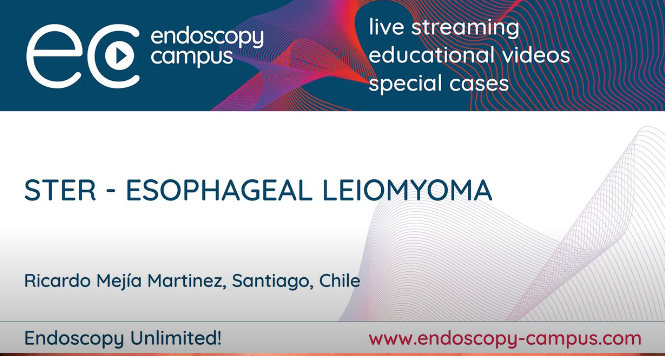Endoscopic Screening Reduces Mortality From Esophageal Cancer in High-Risk Population
Prateek Sharma, MD, FASGE, reviewing Zhang N, et al. Cancer 2020 October 15.
Although esophageal adenocarcinoma (EAC) is the most common type of esophageal cancer in the Western world, esophageal squamous cell carcinoma (ESCC) is the dominant type globally. As with EAC, ESCC is typically detected at a fairly advanced stage, leading to poor 5-year survival (20%). China has piloted a one-time ESCC endoscopic screening in certain high-risk areas within the country for patients aged 40 to 69 years. The authors of this study evaluated the results of this program in reducing the incidence of and mortality from ESCC.
The study included 8460 residents of 17 villages where the one-time screening was initiated (screening group) and 20,468 residents of 43 villages where screening was not performed (control group). The baseline characteristics were comparable between the groups for gender, 5-year age groups, and body mass index. The screening group, however, had significantly more individuals who smoked (34% vs 28%, P=.0006), drank alcohol (34% vs 30%, P=.0231), and had a family history of cancer (25% vs 14%, P<.0001).
Both groups’ participants were followed for 9 years. The cumulative incidence of ESCC in the screening group (1.67%) was significantly lower than that for the control group (2.08%) (relative risk [RR], 0.8; 95% confidence interval [CI], 0.66-0.97). Similarly, the cumulative mortality was significantly lower in the screening group (0.81%) compared to the control group (1.19%) (RR, 0.68; 95% CI, 0.52-0.89). Endoscopic screening prevented 0.41% of the population from developing ESCC (attributable risk, 0.41%; 95% CI, 0.07%-0.75%) and 0.38% from ESCC-related death (attributable risk, 0.38%; 95% CI, 0.14%-0.62%). Furthermore, there was a 43% reduction in ESSC cases (standardized incidence ratio, 0.57; 95% CI, 0.48-0.67) and a 45% reduction in mortality (standardized mortality ratio, 0.55; 95% CI, 0.44-0.69) compared with the expected ESCC cases and deaths. One-time endoscopic screening was associated with a significant and consistent reduction in ESCC incidence and mortality among individuals aged 40 to 69 years in high-risk areas.

COMMENTEndoscopic screening appears to be quite effective for esophageal cancer in high-risk areas. The 20% and 32% reductions in cumulative incidence and mortality between the screening and control groups are significant and suggestive that one-time endoscopic screening could significantly impact ESCC outcomes at the population level.
Note to readers: At the time we reviewed this paper, its publisher noted that it was not in final form and that subsequent changes might be made.
CITATION(S)
Zhang N, Li Y, Chang X, et al. Long-term effectiveness of one-time endoscopic screening for esophageal cancer: a community-based study in rural China. Cancer 2020;126:4511-4520. (https://doi.org/10.1002/cncr.33119)


